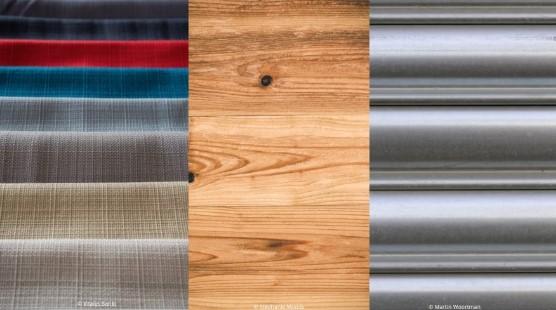
In April 2025, the European Commission adopted its 2025-2030 working plan for the Ecodesign for Sustainable Products Regulation (ESPR) and Energy Labelling Regulation. The plan aims to promote sustainable, repairable, circular and energy efficient products across Europe, in line with the Clean Industrial Deal and the Competitiveness Compass.
It lists priority products for which the Commission will consider setting ecodesign and energy labelling over the next five years. The priority products, chosen for their potential to promote a transition to a circular economy, are steel and aluminium, textiles (with a focus on apparel), furniture, tyres and mattresses as well as a number of energy-related products. Furthermore, the Commission will also introduce horizontal measures to promote product repairability, including a repairability score, as well as requirements on recyclability of electrical and electronic equipment.
The ESPR allows for mandatory minimum public procurement requirements to be set through ad hoc implementing acts, when the regulated products are relevant to public buyers and it is economically feasible to choose the most environmentally sustainable options. These measures aim to create lead markets, attract investment, and boost the EU industry’s competitiveness in line with the Clean Industrial Deal.
The Commission will assess the possibility of setting these procurement requirements for priority products identified in the working plan, alongside the evaluation of their specific ecodesign requirements. Although the delegated act on ecodesign and the implementing act on procurement are separate laws, they are closely connected since they must address the same product aspects. As a result, the Commission will evaluate and adopt them together in parallel.
For energy-labelled products, the ELFR and the Energy Efficiency Directive already link procurement rules to energy label classes.
Harmonising sustainability requirements at the EU level will reinforce the single market, prevent barriers to trade, improve the level playing field, reduce administrative burden, and strengthen the competitiveness of businesses offering sustainable solutions.
The current ecodesign and energy labelling requirements have achieved a 12% reduction in final energy consumption in 2023, and have led to the creation of an estimated 346,000 jobs. The new plan aims to replicate this success on a larger scale and further increase its impact.
For more information, read the European Commission press release.
Details
- Publication date
- 11 July 2025
- Author
- Directorate-General for Environment
